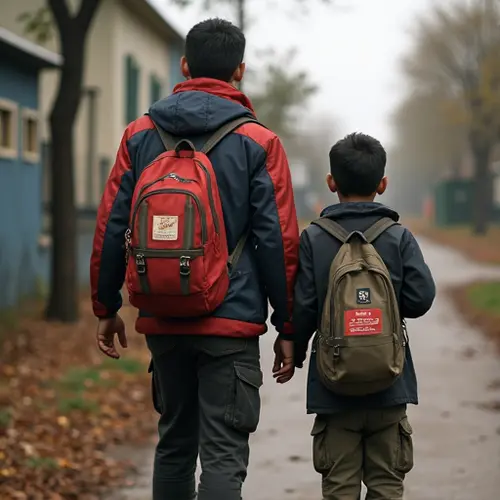
Historic Decision Recognizes Rights of Climate-Displaced Populations
In a groundbreaking ruling, the International Court of Justice (ICJ) has addressed the legal status of millions displaced by climate change. The court's advisory opinion clarifies state obligations toward populations forced to migrate due to environmental disasters.
The Climate Justice Breakthrough
The ICJ determined that climate refugees deserve legal protection under international law. This decision comes after extensive hearings in December 2024 where over 50 nations presented arguments. Small island nations like Vanuatu and the Marshall Islands spearheaded the initiative, citing existential threats from rising sea levels.
Key Legal Provisions
The ruling establishes that:
- States must prevent activities causing significant climate harm
- Climate displacement triggers protection obligations under human rights conventions
- Wealthier nations bear greater responsibility due to historical emissions
"This opinion finally acknowledges that drowning islands aren't just an environmental issue, but a human rights crisis," said Kalo Afeaki, Tonga's representative at the hearings.
Implementation Challenges
While non-binding, the decision pressures nations to update asylum policies. Current frameworks like the 1951 Refugee Convention don't explicitly cover climate displacement. The UNHCR estimates climate change could displace 200 million people by 2050.
Legal experts suggest the ruling could inspire new treaties. "This provides the foundation for claims when domestic protections fail," noted Columbia Law professor Sabrina Khan. Some nations like New Zealand have already begun creating climate visa programs.

 Nederlands
Nederlands
 English
English
 Deutsch
Deutsch
 Français
Français
 Español
Español
 Português
Português